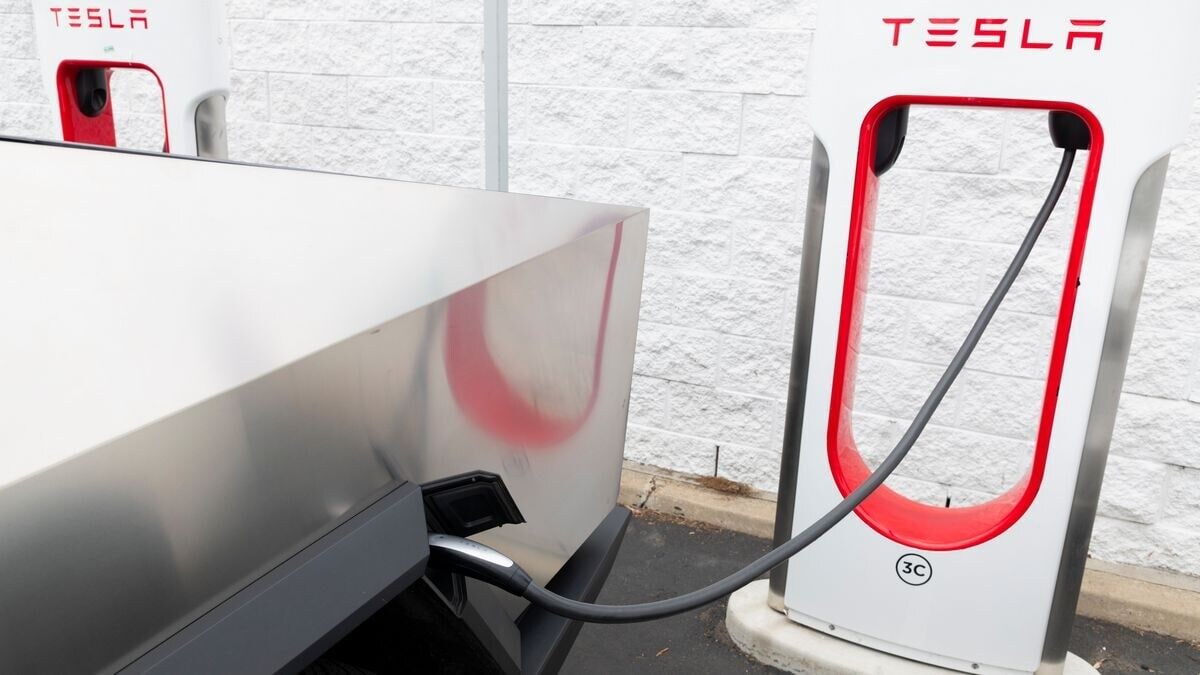
The Dealertrack Credit Availability Index, a product of Kelley Blue Book parent company Cox Automotive, tracks how difficult it is to qualify for all types of car loans. The index increased 0.2% in October, meaning auto credit was slightly easier to get than in September.
Credit access loosened at all lender types in October. Banks loosened the most, while auto-focused finance companies loosened the least. Lenders also originated more subprime loans than they had in September.
But more applicants were turned down. The approval rate fell to its lowest point since 2020, and the share of longer-term loans also shrank.
Longer loan terms can give buyers a lower payment, but the result will keep them in debt for an extended period of time. It will also saddle them with debt on an aging car with less value.
Lenders also asked for larger down payments in October than the prior month.
The Federal Reserve enacted an interest rate hike at the start of November that may further rock the auto credit market. Cox Automotive Senior Economist Jonathan Smoke has warned that repeated interest rate increases the risk of making new cars something only the wealthy can afford.
Consumers haven’t absorbed the message yet. The Conference Board Consumer Confidence Index survey shows that the number of Americans planning to purchase a new vehicle in the next six months is the highest it’s been since July 2020.
But they’ll need a higher down payment, higher monthly payments, and a stronger credit score to do it.
The daily Index of Consumer Sentiment from Morning Consult declined 2.7% in October as both underlying measures of current conditions and future expectations declined. Stock market volatility and mid-term election rhetoric likely weighed on the observed declines.







